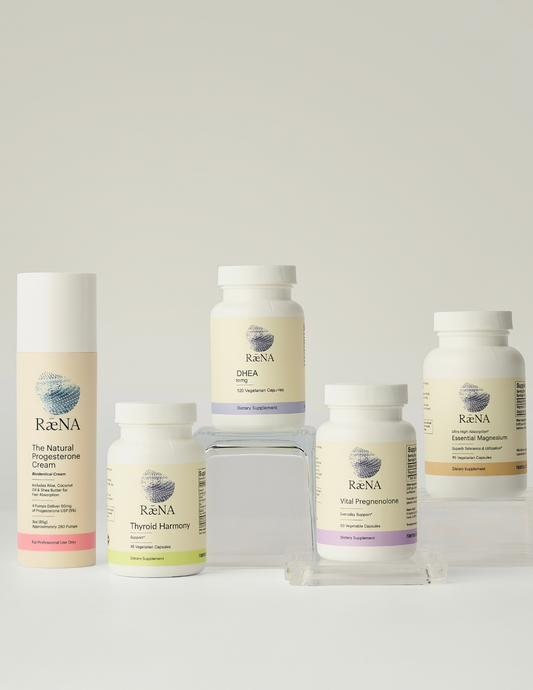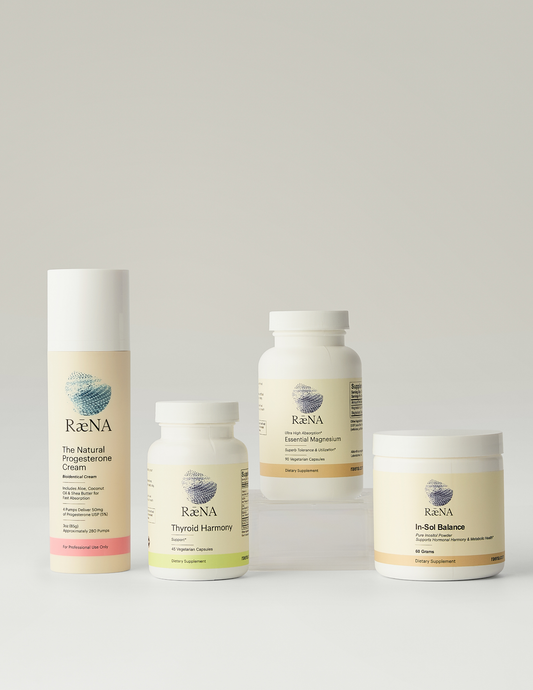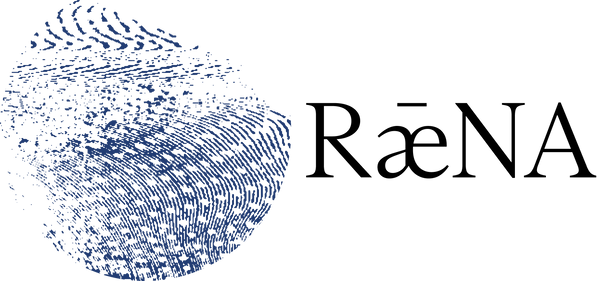
8 Science-backed ways to boost testosterone
RaenaTestosterone and Its Role in Health
Testosterone is a hormone found in both males and females that supports reproductive health, sexual health, and general well-being.
-
10–40% of men worldwide suffer from testosterone deficiency, and that number is increasing.
-
Testosterone deficiency is also common in women, primarily those over 40.
Symptoms of inadequate testosterone in men:
Low sex drive, low energy, high body fat, loss of muscle mass, and reduced erectile function.
Symptoms of inadequate testosterone in women:
Low libido, reduced bone strength, depression, memory loss, skin health issues, and vaginal dryness.
Ways to Support Healthy Testosterone Levels
1. A nutrient-dense diet containing vitamin A
Vitamin A, also known as retinol, is a fat-soluble vitamin key to the production of testosterone. Specifically, vitamin A assists in the conversion of cholesterol to pregnenolone — the base hormone responsible for the production of testosterone and other androgens.
Interestingly, “It has been known for a very long time that depriving male mice of vitamin A…” [text cut off].
Great sources of vitamin A include liver, eggs, and cod liver oil.
Symptoms of vitamin A deficiency include skin problems such as dry skin, acne, and dandruff. Other symptoms include problems with night vision and hormonal issues, including low testosterone and estrogen dominance.
2. Maintain a healthy body weight
Healthy body weight is key to testosterone production because body fat levels have a strong and consistent negative correlation with serum testosterone. Fat cells can synthesize their own estrogen, which reduces testosterone production via negative feedback in the hypothalamus. Excess body fat tends to cause both high estrogen and low testosterone.
A major biomarker for sexual health is the testosterone/estrogen ratio.
3. Tribulus Terrestris
Tribulus Terrestris is known as the passion-inducing plant, which increases testosterone production and sex drive.
One study on athletes showed that blood testosterone increased significantly during the first 10 days of supplementation (Zh F, 2009).
In rats, Tribulus Terrestris saponins “dramatically increased serum testosterone to about 150% of control” and significantly decreased corticosterone (the animal equivalent of cortisol), resulting in a higher testosterone/cortisol ratio (Yin L, 2016).
Tribulus Terrestris has also been shown to boost DHEA, decrease prolactin, and lower cortisol.
4. Cordyceps
Cordyceps is a medicinal mushroom commonly used in sports and traditional medicine to boost testosterone.
Studies showed Cordyceps extract reliably increases testosterone secretion at an ideal concentration of 3mg/mL (Hsu su CC, et al., 2003).
Cordyceps also supports kidney, adrenal, brain, and pancreatic health.
5. Red Light Therapy
Discovered by NASA, red light therapy shortens wound healing times and has anti-stress effects. It is used for pain management, hair growth stimulation, post-workout recovery, and boosting testosterone.
One study confirmed that serum testosterone was significantly elevated with 670 nm wavelength red light on day 4 without side effects (Ahn J et al., 2013).
6. Magnesium
Magnesium is essential for overall health and testosterone production.
A study found that 4 weeks of magnesium supplementation increased free and total testosterone in both athletes and sedentary individuals (Cinar V et al., 2010).
Because magnesium has a relaxing effect, evening supplementation is often recommended. Common forms include magnesium gluconate, citrate, and threonate.
7. Exercise
Physical exercise increases testosterone and builds muscle and stamina.
Exercise has been shown to raise testosterone compared to sedentary subjects (Cinar V et al., 2010).
Muscle tissue produces testosterone, so weightlifting and resistance training are particularly effective.
Inactivity can induce resistance to exercise’s metabolic benefits, so even minimal exercise is beneficial.
8. Cistanche
Cistanche is an herb used for thousands of years to support sexual health and treat various conditions such as kidney deficiency, impotence, infertility, and more.
In men, Cistanche shortens the time to erection and prolongs erectile duration (Gu et al., 2017).
Studies in rats showed increased progesterone and testosterone levels after Cistanche treatment (Wang T et al., 2016).
DISCLAIMER
This content is strictly the opinion of Raena and is for informational and educational purposes only. It is not intended to provide medical advice or to replace medical advice or treatment from a personal physician. All viewers of this content are advised to consult their doctors or qualified health professionals regarding specific health questions. Neither Raena nor the publisher of this content takes responsibility for possible health consequences of any person or persons reading or following the information in this educational content. All viewers of this content, especially those taking prescription or over-the-counter medications, should consult their physicians before beginning any nutrition, supplement, or lifestyle program.


